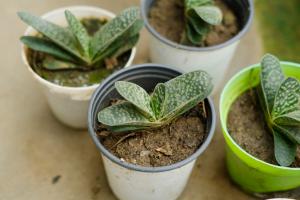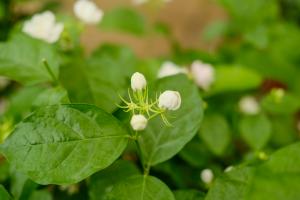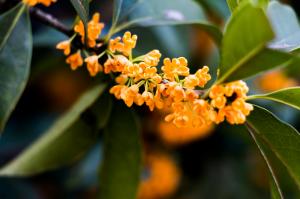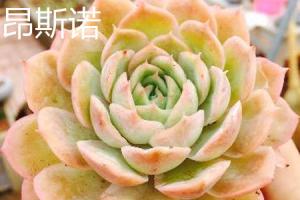Does Water Softener Salt Kill Plants?
Water softeners are an excellent way to ensure that you have clean, safe, and healthy water. However, some people have concerns about the effects of water softener salt on plants. In this article, we will explore whether water softener salt is harmful to plant life.
What is Water Softener Salt?
Water softener salt is a type of salt used in water softener systems, which are designed to remove minerals such as calcium and magnesium from hard water. The salt is typically made from sodium chloride, which is the same type of salt used for cooking.
How Does Water Softener Salt Affect Plants?
The primary concern regarding water softener salt and plants is the level of sodium in the soil. When water softener salts are used, they typically release high levels of sodium into the water, which can be absorbed by the soil. This can lead to an accumulation of sodium in the soil, which can be harmful to plants.
Too much sodium in the soil can lead to several negative effects on plant growth, including reduced water uptake, slowed root growth, and decreased nutrient uptake. This can ultimately lead to stunted growth or death of the plant.
How Can You Determine if Water Softener Salt is Affecting Your Plants?
If you suspect that water softener salt is affecting your plants, there are several signs that you can look out for:
Yellowing leaves
Reduced growth
Wilting leaves
Brown spots on leaves
Low fruit yield
If you notice any of these signs, it is important to test your soil to determine the level of sodium present. You can do this by purchasing a soil testing kit or by sending a soil sample to a lab for analysis.
How Can You Prevent Water Softener Salt from Affecting Your Plants?
If you have a water softener system and want to prevent the salt from affecting your plants, there are several steps you can take:
Use a separate irrigation system for plants – this will allow you to water your plants without exposing them to the sodium in the water.
Reduce the amount of water softener salt used – by reducing the amount of salt used in the water softener system, you can help to reduce the amount of sodium in your soil.
Water your plants thoroughly – watering your plants deeply can help to flush out excess sodium from the soil.
Plant salt-tolerant plants – some plants are naturally more tolerant of high levels of sodium in the soil, so planting these types of plants can help to reduce the negative effects of water softener salt.
Conclusion
While water softener salt can have negative effects on plant growth, there are several steps you can take to prevent these effects. By being aware of the signs of sodium accumulation in your soil and taking steps to reduce the amount of salt used in your water softener system, you can help to protect your plants and promote healthy growth.

 how many times do yo...
how many times do yo... how many planted tre...
how many planted tre... how many pine trees ...
how many pine trees ... how many pecan trees...
how many pecan trees... how many plants comp...
how many plants comp... how many plants can ...
how many plants can ... how many plants and ...
how many plants and ... how many pepper plan...
how many pepper plan...






























